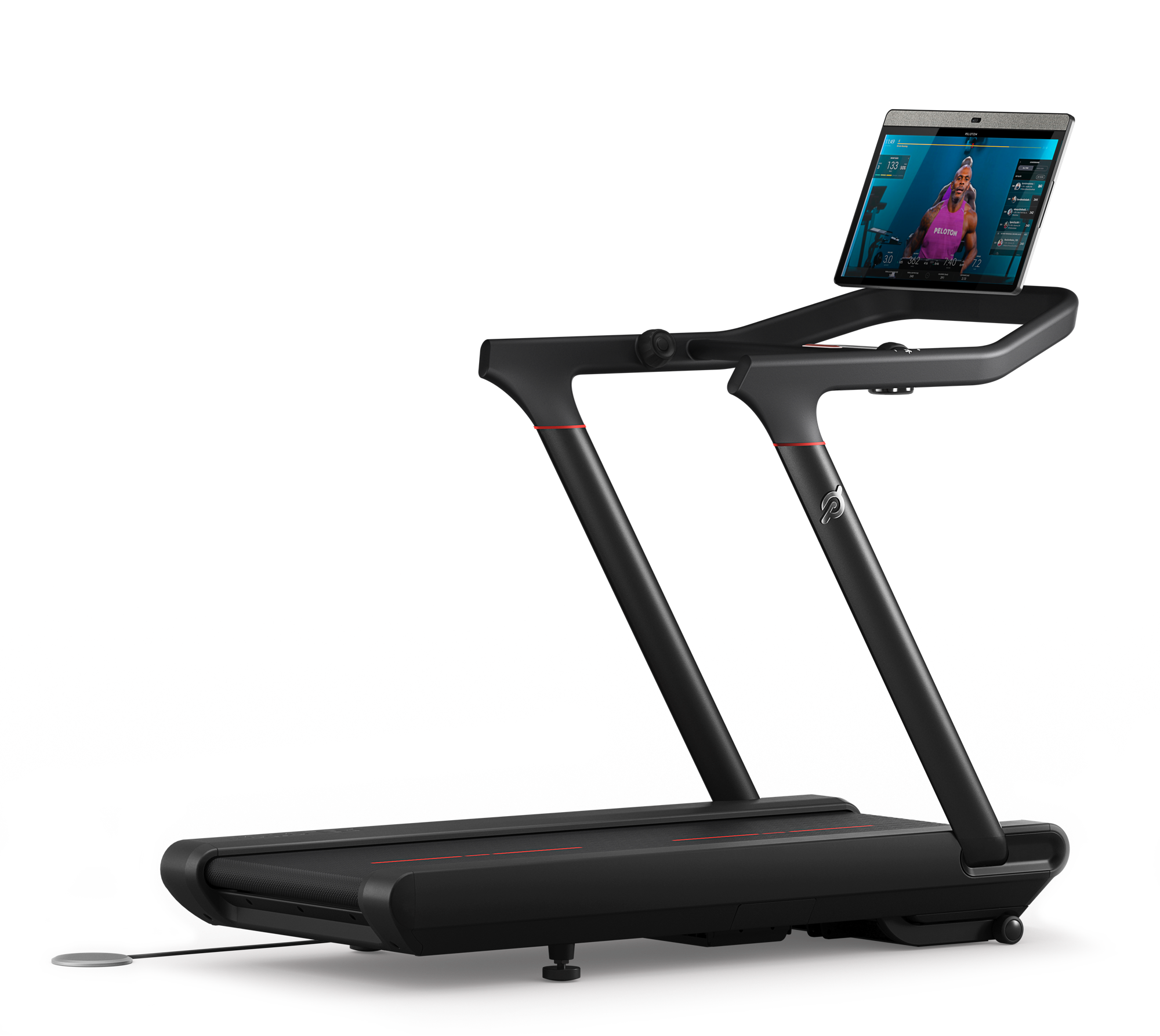
Bojan89/iStock/Getty Images Plus via Getty Images
Is Fasted Strength Training a Good Idea? Experts Explain
Fasting won’t enhance your strength training, but strength training will help preserve your muscles if you fast.
By Anna Medaris•
What Is Fasted Weight Lifting?
Are There Any Benefits of Lifting Weights While Fasting?
The Potential Drawbacks of Fasted Weight Lifting
What to Know About Weight Lifting While Fasting
If you’ve ever tried fasted cardio—or getting aerobic exercise on an empty stomach—you may be curious if fasted weight lifting may be right for you.
Or maybe your doctor or registered dietitian recommended an intermittent fasting plan for your health goals and you’re wondering if it’s OK to strength train—even if your last meal was 12 hours ago. Heck, maybe your favorite strength class is before breakfast, and you didn’t even realize that taking it technically means you’re engaging in fasted weight training—provided you didn’t indulge in a 3 AM snack, of course.
No matter why fasted weight training is on your radar, here’s what experts say you should know before grabbing those dumbbells while low on fuel.
What Is Fasted Weight Lifting?
The definition of “fasted” varies, but Jessica Butts, MD, an associate professor of family and community medicine and orthopedics and rehabilitation at Penn State Health, says it generally means abstaining from food for at least six hours and at most 12 to 18 hours. In some cases, such as if someone is fasting for religious reasons, it can mean avoiding liquids and even water throughout that time too.
Fasted weight lifting, then, simply refers to hitting the squat rack (or resistance bands or a Peloton strength class) six-plus hours after your last meal. The evidence behind doing so intentionally, Dr. Butts says, “is super mixed.”

Peloton App
Access thousands of classes with no equipment needed.
Are There Any Benefits of Lifting Weights While Fasting?
Whether lifting weights while fasted comes with any perks depends on why you’re doing it to begin with, experts say. “Is your goal to do a lot of muscle hypertrophy and build a lot of muscle mass, or is your goal to lose weight and tone up?” Dr. Butts asks. Another goal could be that you simply don’t want to worry about grabbing breakfast before squeezing in your early AM workout (or, maybe eating so early in the morning makes you feel off.) For some people, like those with acid reflux or those with an early-morning exercise routine, might find that any kind of workout suits them better on an empty stomach, Dr. Butts points out. “It’s first about what are your personal goals? And then, what works best for you?” she says.
If your aim is mainly to build muscle mass, you probably won’t benefit. If it’s to lose weight or body fat, you might. “When you undergo calorie restriction, whether it’s a fast or just cutting back calories, you’re going to lose muscle mass,” says Jeff Horowitz, a professor of movement science and director of the Substrate Metabolism Laboratory at the University of Michigan School of Kinesiology. “And so trying to protect that muscle mass by doing the resistance training [still triggers] some processes that make more muscle mass.”
Put another way: “I wouldn’t say people who are strength training should fast. I would say people who are fasting should strength train,” Horowitz adds.
Fasted strength training also tends to prompt the body to rely more on fat than carbs—similar to fasted cardio—so the strategy may help with body composition if fat loss is your goal, some research shows. “If you're in an acutely fasted state, you're potentially in a better fat-burning state,” Dr. Butts says. “The trade-off though is that you also are at risk for less muscle protein synthesis.”
The Potential Drawbacks of Fasted Weight Lifting
There are real downsides to weight-lifting with no fuel in the tank. Among them:
Your Athletic Performance Could Suffer
Athletes looking to boost strength aren’t going to have much luck going about their workouts fasted. One 2016 study found that men who followed an eight-week weight training plan while fasting for 16 hours a day lost some body fat, but didn’t gain any strength. Their testosterone levels lowered, and their cortisol levels rose, too.
You Could Get Injured
If your lack of fueling makes you feel shaky during training sessions, you’ll likely miss some of your reps—or worse, suffer an injury. “You're not going to have the right energy and you're going to actually potentially break down your muscle mass, because that's where the energy stores are going to come from,” Dr. Butts says.
You’ll Impede Your Chances of Muscle Gain
Again, if your goal is muscle gain, it’s unlikely to happen without proper, regular fuel—namely protein. In general, consuming some protein every three hours or so “has been shown to lead to more favorable changes in whole body composition, as well as muscle mass production,” Butts says. “So prolonged periods of fasting in general are probably not ideal if your goal is to build muscle mass to bulk up.”
What to Know About Weight Lifting While Fasting
Proceed With Caution
If you, say, run on an empty stomach and start to feel off, you can slow down or stop. But if you’re mid-bench press when the wheels come off, the stakes are higher. “Be very cautious of your efforts,” Horowitz says, and make sure you’ve got spotters on hand if you’re working with heavier weights.
Pack In Protein When You Do Eat
While weight-training wisdom has generally recommended eating a little bit of protein every few hours, if you are fasting you may not eat as frequently. So, when you do eat, it’s even more important to prioritize protein to ensure you’re getting adequate amounts of the macronutrient to maintain and build muscle. Experts recommend getting at least 1.4–2.2 grams of protein per kilogram of body weight each day to build muscle, as Cynthia Sass, RD, previously recommended in The Output.
Listen to Your Body
Everyone handles fasted exercise differently. So listen to your body and take note of what works for you, Dr. Butts says. “Hydration is super important. Are you getting dizzy? Are you getting lightheaded? Are you getting nauseous?” she asks. “Listen to those physical cues to kind of understand if you're stressing your body in the right way versus over-stressing it.”
The Takeaway
When it’s best to eat (or not eat) in relation to exercise remains up for debate. “If you wanted to find an answer to support any statement, you're gonna find a study to support that,” Dr. Butts says. But in general, adding fasting to your weight-lifting regimen isn’t recommended; adding weight-lifting to your fasting regimen is.
Even then, though, you’re only going to preserve muscle, not build it. “If you’re fasting with the goal of losing fat but gaining muscle, that’s not going to happen,” Horowitz says. Plus, you could risk injury and stall any performance aims.
But if you’re committed to giving fasted strength-training a go, be sure to start slowly and cautiously, and consume ample protein when you do eat. And keep in mind that any fasting regimen should be done under the guidance of a doctor or registered dietitian. Finally, be aware of how you feel during your workouts, and adjust accordingly. “This all comes back to common sense,” Dr. Butts says. “The key is to listen to your body.”
This content is for informational and educational purposes only and does not constitute individualized advice. It is not intended to replace professional medical evaluation, diagnosis, or treatment. Seek the advice of your physician for questions you may have regarding your health or a medical condition. If you are having a medical emergency, call your physician or 911 immediately.
Our Products
Level up your inbox.
Subscribe for a weekly dose of fitness, plus the latest promos, launches, and events.
By providing your email address, you agree to receive marketing communications from Peloton.
For more about how we use your information, see our Privacy Policy.











